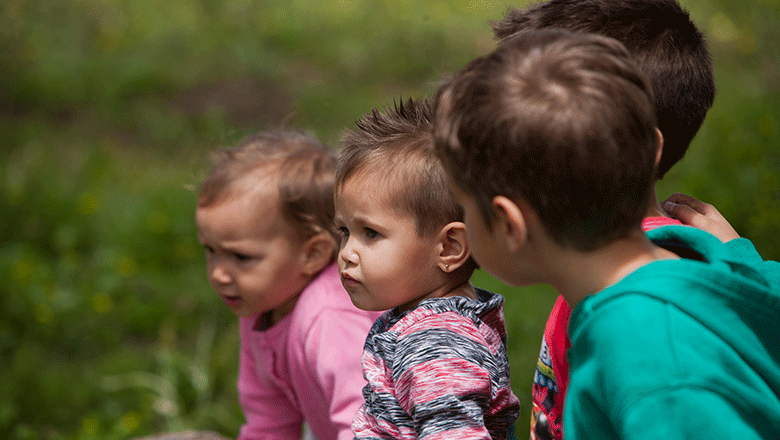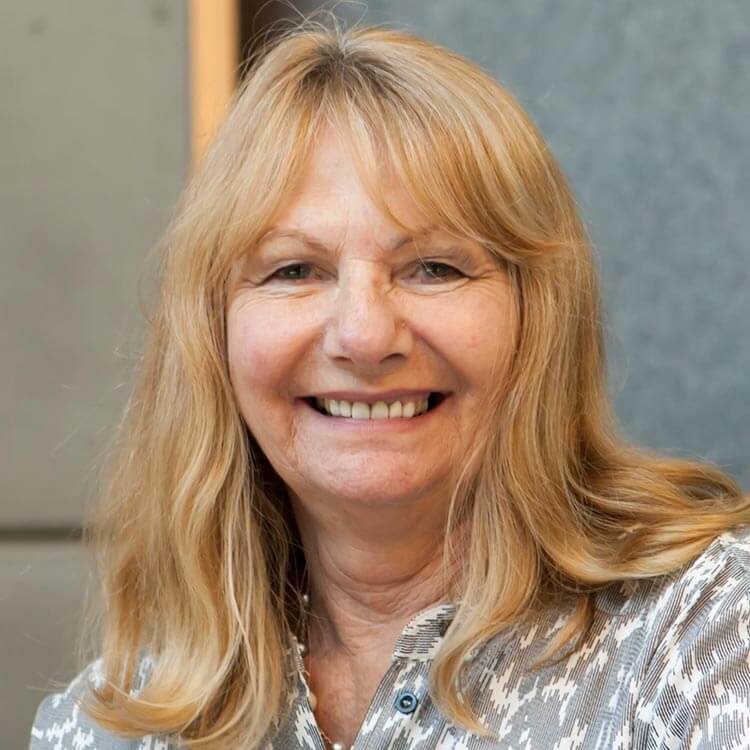Search

News & Events
Aboriginal Ear Health Stakeholder Meeting (By invitation only)Acknowledging the enormous efforts in ear health programs across WA, we invite stakeholders to assist us in establishing research priorities.

News & Events
Every Friday: Child Health Research Seminars 2014Associate Professor Roz Walker has been involved in research, evaluation and education with Aboriginal communities building local capacity for 30 years.
News & Events
Trans Tasman action to fast track rheumatic fever vaccinePrime Ministers of Australia and New Zealand have agreed to provide $3M to help fast-track the development of a vaccine against rheumatic fever.
News & Events
Study opportunity for Aboriginal Health WorkersA new scholarship program offering Aboriginal Health Workers an opportunity to take up further study has been launched
Research
Moort Vax Waangkiny: Understanding reasons for routine vaccine uptake among Aboriginal children aged <5 years in Perth (Boorloo) metroAboriginal children aged younger than 5 years in Perth (Boorloo) have lower vaccine uptake compared to non-Aboriginal children.
Research
Longitudinal Study of Indigenous Children: Adolescent never smoking and associations with individual, social, and environmental factorsFuelled by the tobacco industry, commercial tobacco use is a major cause of preventable morbidity and mortality among Aboriginal and Torres Strait Islander peoples. Preventing adolescent smoking initiation is critical to reducing uptake. Understanding individual, social, and environmental factors that are protective against smoking can inform prevention strategies.
Research
Housing Initiatives to Address Strep A Infections and Reduce RHD Risks in Remote Indigenous Communities in AustraliaThis research sought to provide an outline of identified household-level environmental health initiatives to reduce or interrupt Strep A transmission along each of these pathways.
Research
Priority setting: Development of the South Australian Aboriginal Chronic Disease Consortium RoadMap for ActionAboriginal and Torres Strait Islander (Aboriginal) people in South Australia are overburdened by cardiovascular disease, diabetes and cancer. The South Australian Aboriginal Chronic Disease Consortium (Consortium) was established in June 2017 as a collaborative partnership to lead the implementation of three state-wide chronic disease plans using a strategic approach to identifying key priority areas for action.
Research
Can flash glucose monitoring improve glucose management for Aboriginal and Torres Strait Islander peoples with type 2 diabetes? A protocol for a randomised controlled trialAboriginal and Torres Strait Islander peoples are disproportionately impacted by type 2 diabetes. Continuous glucose monitoring technology (such as Abbott Freestyle Libre 2, previously referred to as Flash Glucose Monitoring) offers real-time glucose monitoring that is convenient and easy to use compared to self-monitoring of blood glucose.
Research
Justice capital: Delivering equitable outcomes for indigenous children in state careThis chapter outlines the concept of ‘justice capital’. It commences with a discussion of the impacts of colonization on Indigenous people in Australia, with a particular focus on Indigenous children placed in state care systems.
